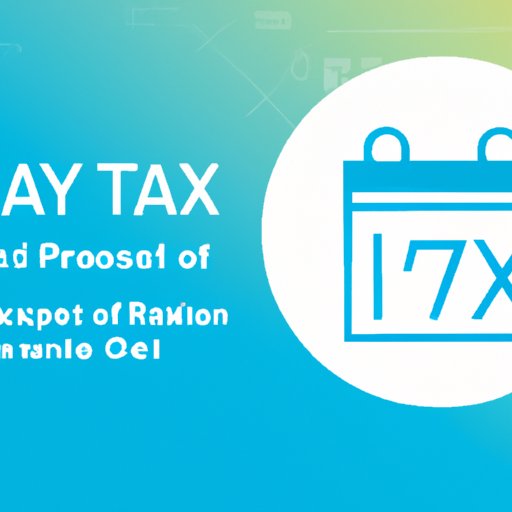Introduction
Cryptocurrency has become increasingly popular in recent years, and with the rise of digital currency comes the need to understand how it’s taxed. Crypto taxes refer to the various taxes that individuals may owe when buying, selling, or trading cryptocurrencies. It’s important for cryptocurrency investors to understand the different types of taxes they may be liable for and how to calculate them correctly.
What are Crypto Taxes?
Crypto taxes refer to the various taxes imposed by governments on activities related to cryptocurrency. These taxes can include capital gains tax, income tax, and sales tax. Depending on the country, state, or municipality in which an individual resides, the amount of taxes owed can vary significantly. It’s important to understand the laws and regulations regarding crypto taxes in your area so that you can accurately calculate and pay any taxes due.
Overview of Taxable Crypto Events
The most common taxable crypto event is buying and selling crypto. When an individual buys crypto, they are not liable for any taxes until they sell or trade their coins. Once a sale has been made, any profits that are earned from the sale are considered capital gains and will be subject to taxation. Other taxable crypto events include exchanging one type of crypto for another, using crypto to purchase goods or services, and receiving crypto as payment for providing goods or services.

The Different Types of Crypto Taxes
There are three main types of taxes that may be applicable when dealing with cryptocurrencies: capital gains tax, income tax, and sales tax. Each of these taxes have different rules and regulations that must be followed in order to ensure proper compliance.
Capital Gains Tax
Capital gains tax is a tax levied on the profits earned from the sale of assets, including cryptocurrencies. This tax is calculated based on the difference between the purchase price of the asset and the sale price. For example, if an individual bought one Bitcoin for $10,000 and sold it for $15,000, then their capital gains would be $5,000 and they would be liable for taxes on that amount.
Income Tax
Income tax is a tax that is imposed on any money that an individual earns from their activities, such as wages, interest, dividends, and profits from investments. If an individual receives any form of compensation in the form of cryptocurrency, then they are liable for income tax on any earnings they receive. This includes payments made in the form of crypto for providing goods or services.
Sales Tax
Sales tax is a tax that is imposed on the purchase of goods and services. In some countries and states, sales tax may also apply to the purchase of cryptocurrencies. It’s important to understand the laws and regulations regarding sales tax in your area to ensure that any taxes due are paid correctly.

How to Calculate Crypto Taxes
Calculating crypto taxes can be a complicated process, but there are certain steps that can help simplify the process. The first step is to keep records of all cryptocurrency transactions, including purchases, sales, trades, and transfers. This will allow you to accurately calculate your capital gains when filing taxes. It’s also important to estimate capital gains before filing, as this will give you an idea of how much taxes you may owe.
Once you have estimated your capital gains, you can then use this information to calculate your tax liability. Depending on where you live, there may be different tax rates and regulations that must be taken into account when calculating taxes. It’s important to familiarize yourself with the laws and regulations regarding crypto taxes in your area, as well as any deductions that may be available.

Tips on How to Minimize Crypto Tax Liability
There are several strategies that can be used to minimize crypto tax liability. One strategy is to utilize losses. If an individual has made losses on their crypto investments, they may be able to use these losses to offset any gains they have made and lower their overall tax bill. Additionally, investing in tax-advantaged accounts such as an IRA or 401(k) can help reduce tax liability, as any gains earned in these accounts are not subject to taxes.
Finally, taking advantage of tax-free trading opportunities can also help reduce tax liability. Many countries and states offer tax-free trading opportunities for certain types of crypto transactions. It’s important to research the laws and regulations in your area to determine if any tax-free trading opportunities are available.
Conclusion
Crypto taxes can be a complicated and confusing topic, but understanding the basics can help make the process easier. Knowing the different types of taxes that may be applicable, as well as how to calculate them correctly, is essential for any crypto investor. Additionally, utilizing strategies such as utilizing losses, investing in tax-advantaged accounts, and taking advantage of tax-free trading opportunities can help minimize tax liability. With the right knowledge and strategies, crypto investors can ensure that they are paying the correct amount of taxes.
(Note: Is this article not meeting your expectations? Do you have knowledge or insights to share? Unlock new opportunities and expand your reach by joining our authors team. Click Registration to join us and share your expertise with our readers.)
